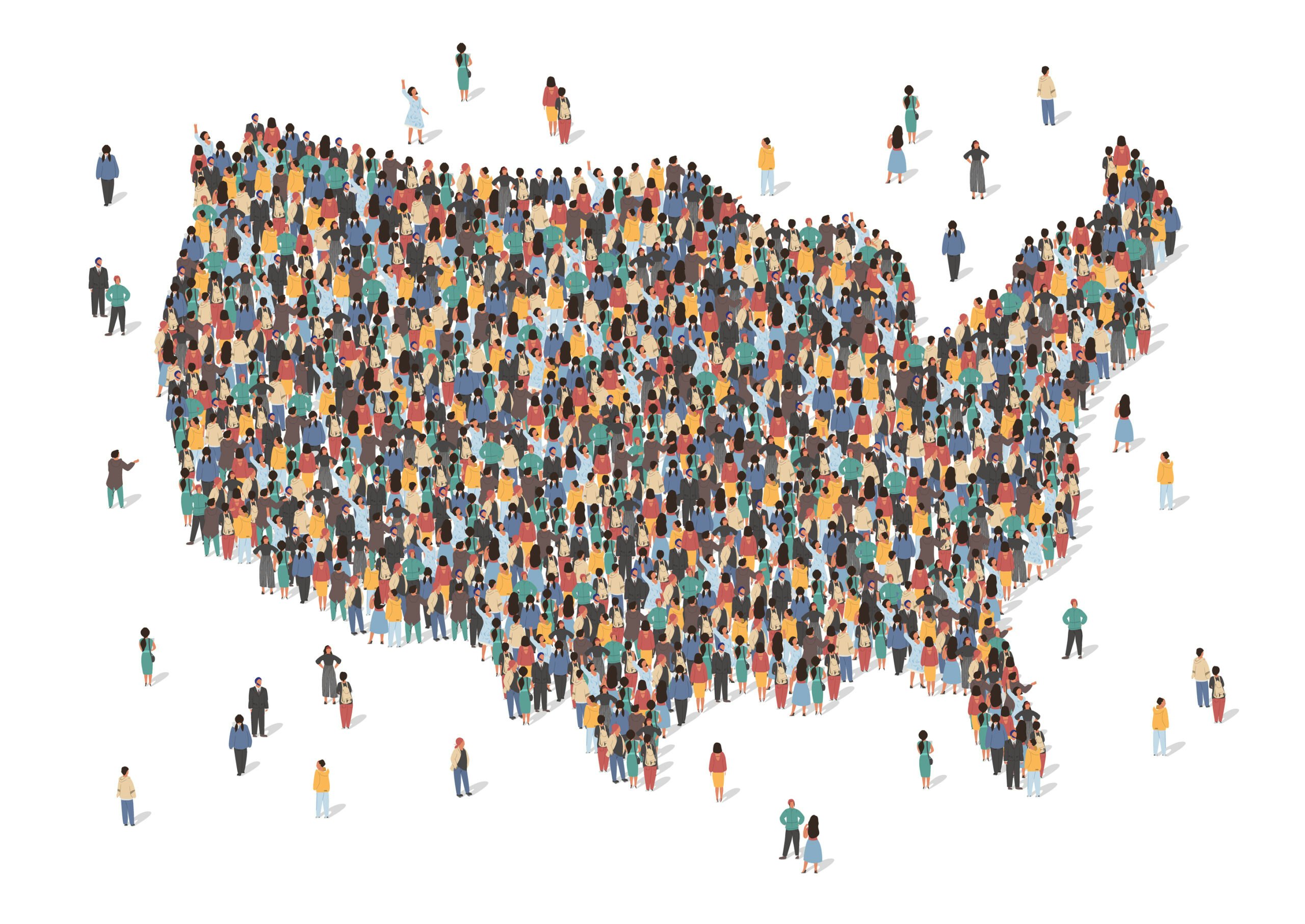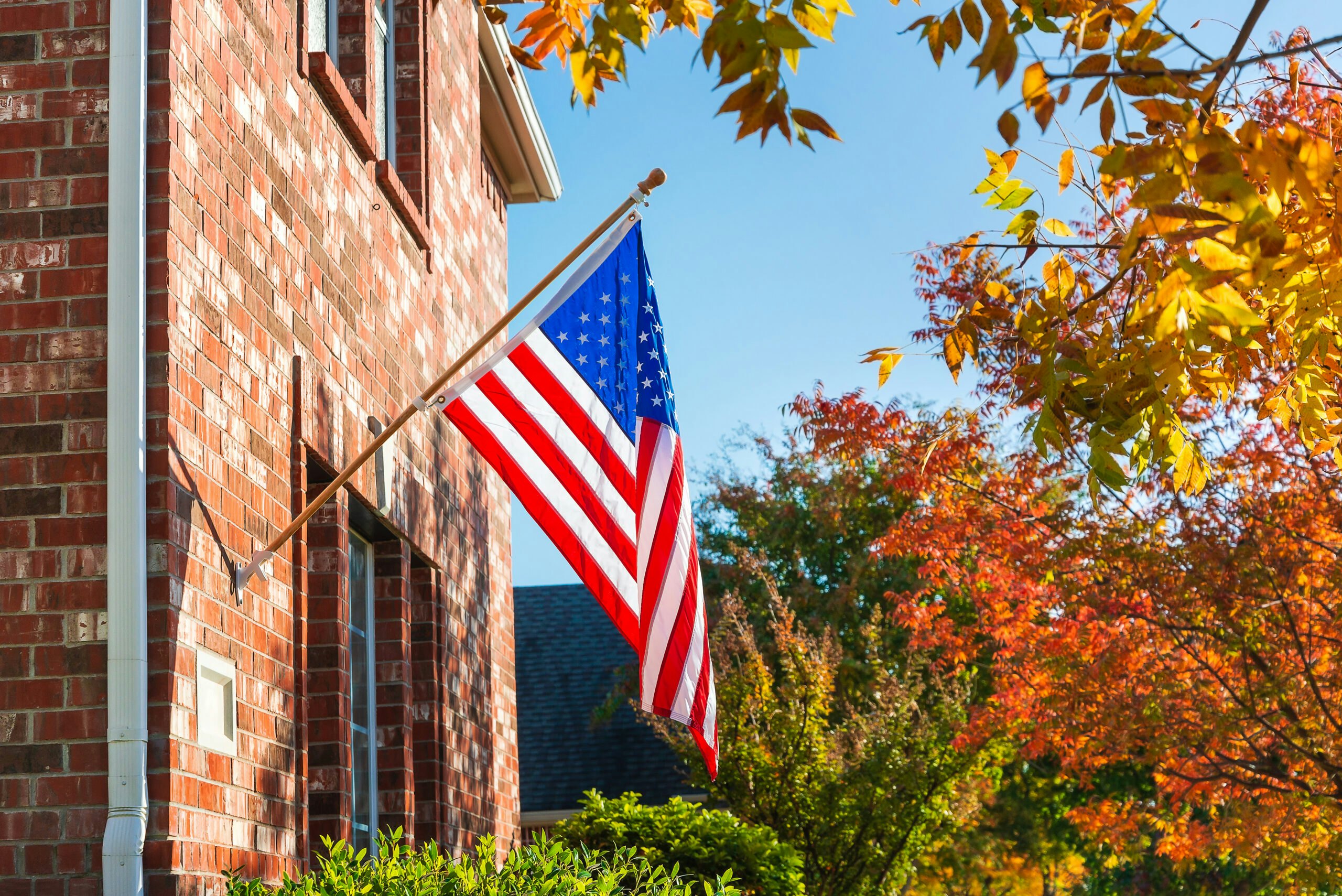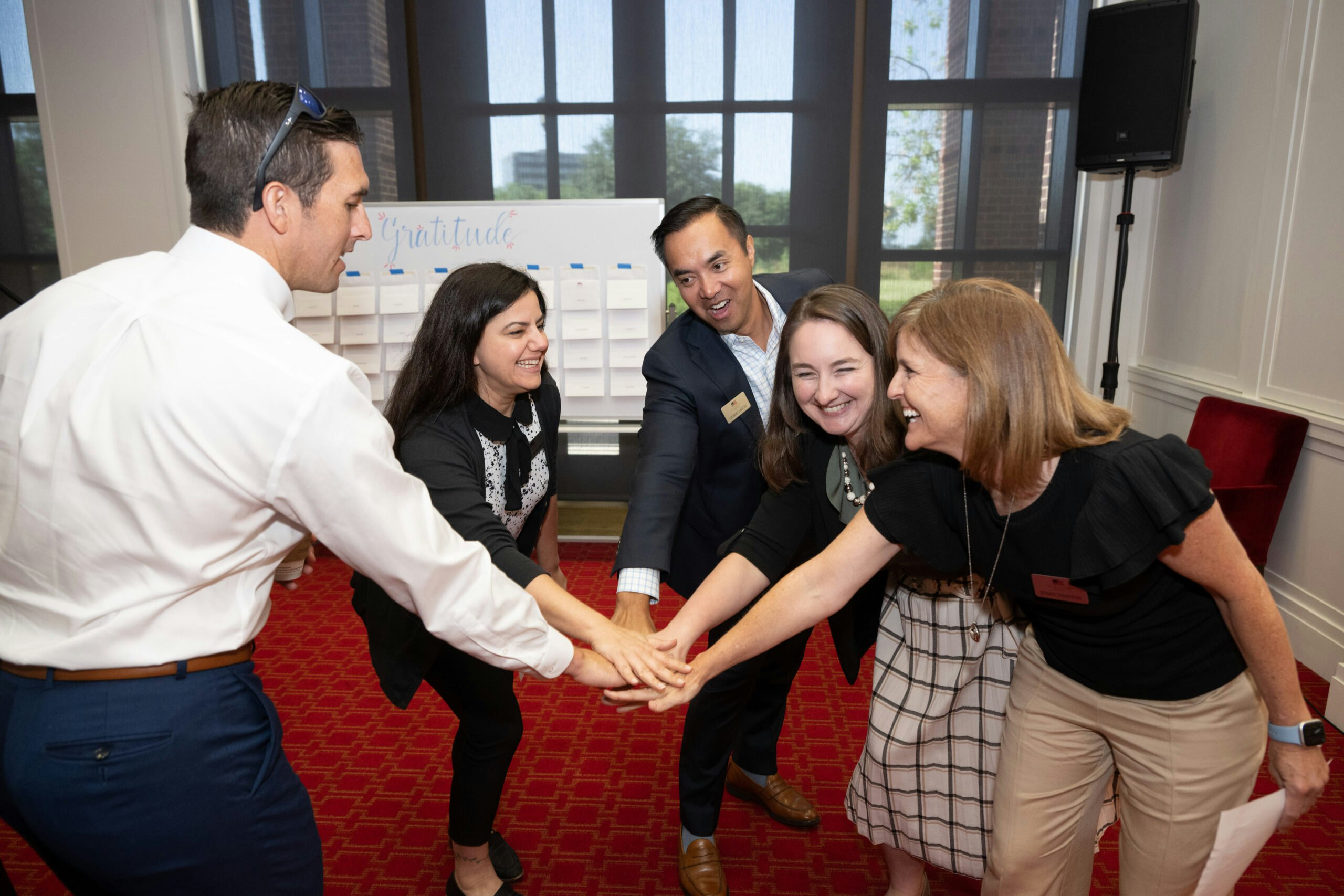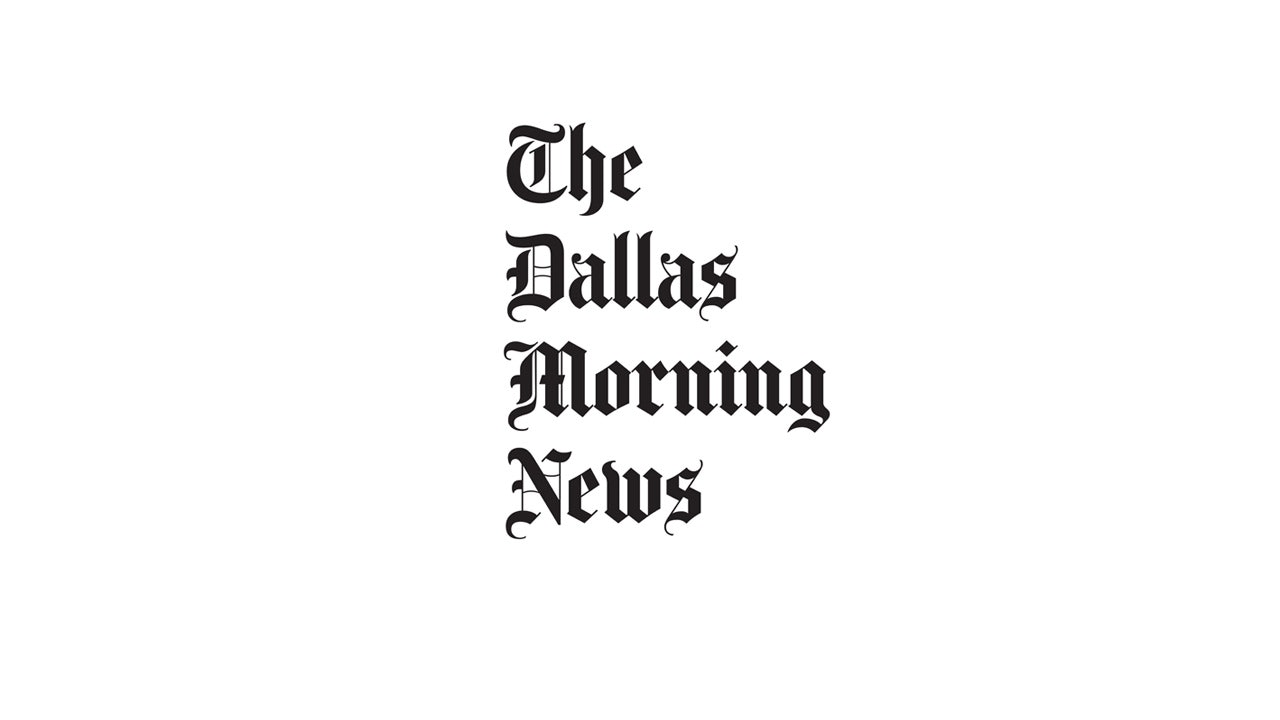Freedom of speech appears in the First Amendment, and at the front of the First Amendment, for a reason. It ought to be the presumption, particularly in higher education, that speech should be protected except in the most extreme circumstances. Our basic rule of thumb at Purdue is that we will consider punishing conduct but never mere words. We may condemn or disassociate but we won’t punish yet alone try to prevent speech from occurring in the first place.
Mitch Daniels is the President of Purdue University, a post he has held since January 2013. Before coming to Purdue, the Republican served two terms as Governor of Indiana. He also served as Director of the Office of Management and Budget during President George W. Bush’s first term in office.
As a follow-up to the Fall Catalyst, and its emphasis on what freedom means 75 years after Franklin Roosevelt’s Four Freedoms address, Gov. Daniels shares his views on what free speech means on a college campus today.
As you know, college campuses are debating what it means to have free speech. Some worry free speech can be insulting and hurtful. Still others worry about subjects not being explored or speakers heard. What is your view? Are we striking the right balance? Not going far enough one way or the other? Something else?
My view is that far too many colleges have not struck the right balance. I am not sure there is much to balance here. Freedom of speech appears in the First Amendment, and at the front of the First Amendment, for a reason. It ought to be the presumption, particularly in higher education, that speech should be protected except in the most extreme circumstances.
Our basic rule of thumb at Purdue is that we will consider punishing conduct but never mere words. We may condemn or disassociate but we won’t punish yet alone try to prevent speech from occurring in the first place.
Is this issue prevalent on your campus?
It is discussed, although I would say that there is far more consensus about free discourse, the collision of ideas, and protecting individual rights to speak than there appear to be other places, where, sadly, there appears to be near total disregard for those principles.
How do you have free speech on a campus while simultaneously upholding civil discourse?
Sometimes discourse won’t be civil, and so be it. But we certainly advocate civility and we reserve the right to condemn incivility if it occurs.
We tell our students that Purdue is not doing its job if it insulates them from anything that discomfits them in any way. Quite the opposite. We expect them to encounter different opinions, people from different cultures and viewpoints. We think that is part of an education here.
It has been better said than I can say it, but the old line is that college is not to be a place safe from ideas, but a place safe for ideas.
Since the election, we have seen a number of incidents on campuses dealing with white supremacy rhetoric. What is the difference between free speech and hate speech?
I am not sure I can draw that for you. Exclusionary speech comes from various directions. It is a very dangerous thing to say some forms are acceptable and approved and others are unacceptable and should never be expressed in the first place.
We’ve recently had a couple of posters put up. I had no problem condemning them. But our commitment to free speech means we can’t endorse tearing them down any more than we would condone those who try to silence speakers who take a highly controversial point of view.
The election certainly had a clash of values, and we still are experiencing a clash of values. Colleges seem to be a place where people can have a clash of values without hunkering down in their bunkers. Do you and your peers in higher education, and at Purdue, make this a priority these days?
It has been a source of discussion here. Our university and trustees issued a clear statement that I refer to as the Chicago principles. I say that because the University of Chicago published them first. Our trustees formally embraced this.
It is a very dangerous thing to say some forms are acceptable and approved and others are unacceptable and should never be expressed in the first place.
How does the Internet affect free speech on a campus?
The Internet multiplies the number of voices and opportunities for offensive speech. It also makes it difficult to discern whether a statement is coming from on or off the campus. This can lead universities to be called on to disavow, prevent, or otherwise react to statements that originate someplace else but end up circulating someplace else through the Internet.
At the outset, you said we shouldn’t try to balance free speech because that is part of who we are. Are undergraduates willing to have a robust discussion on campus?
Yes, by and large. Both our undergraduate and graduate student governments passed resolutions urging the school to speak up on behalf of freedom of speech and inquiry. I am very proud of that. On some campuses, authoritarianism seems to be the order of the day. Happily, not at our school, at least not in anything but trivial numbers.




























